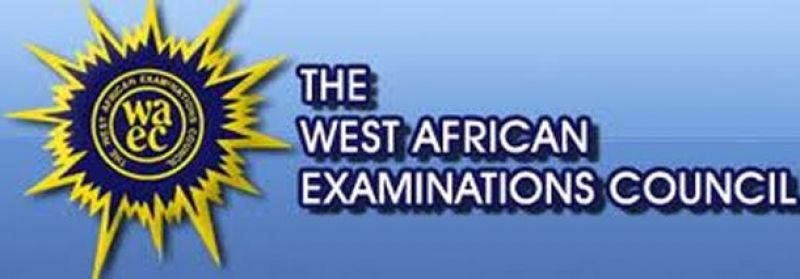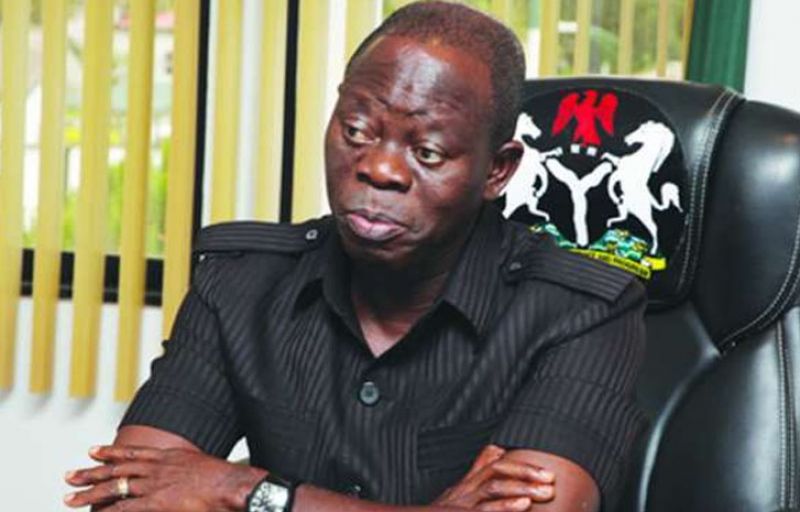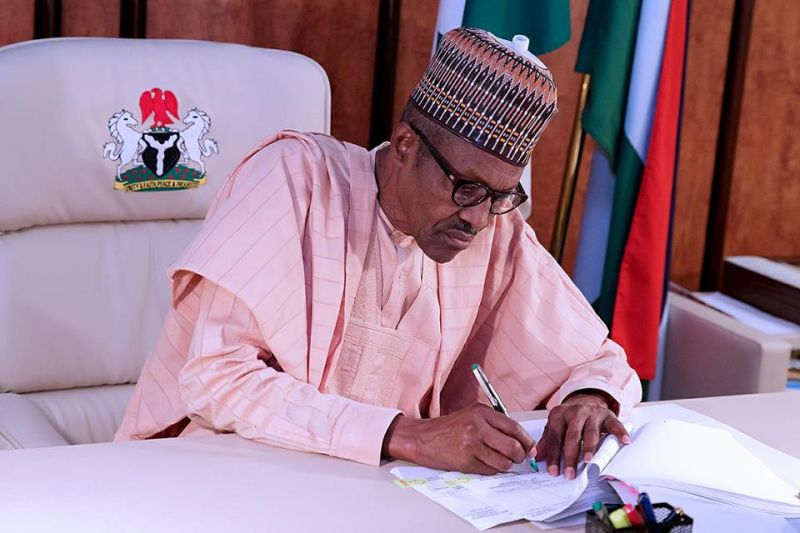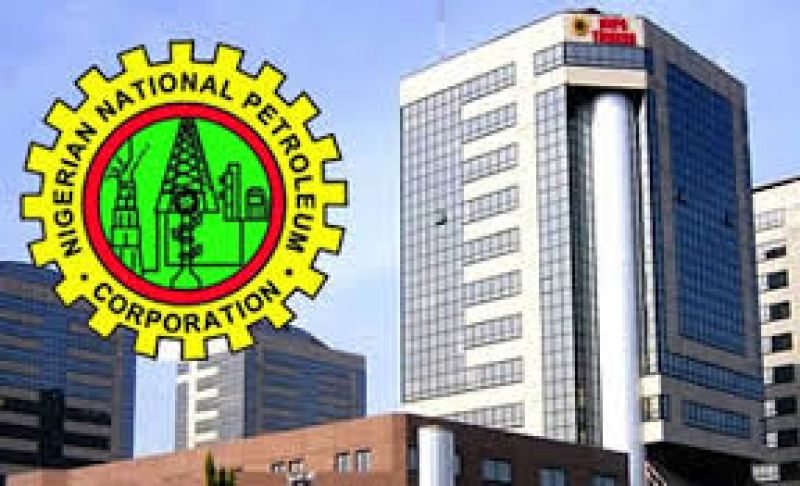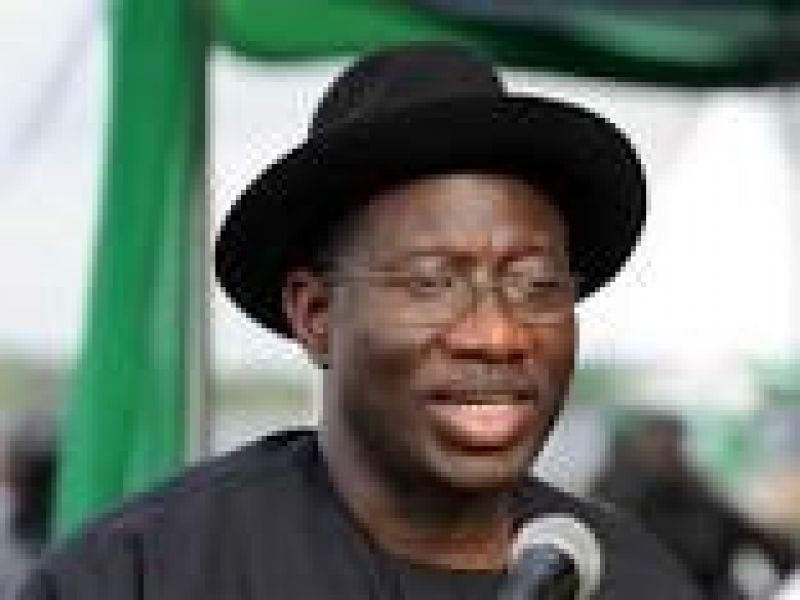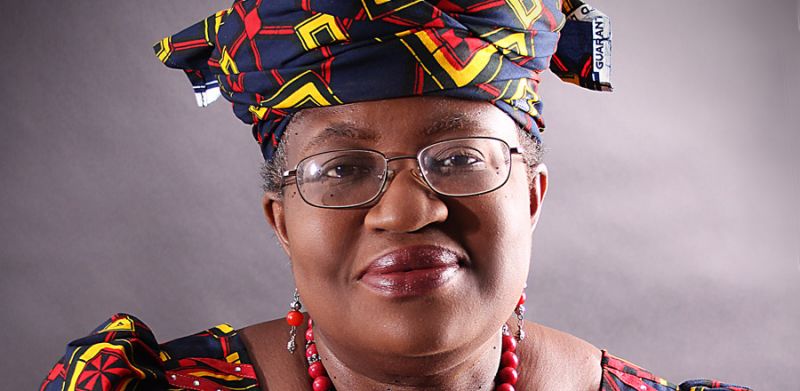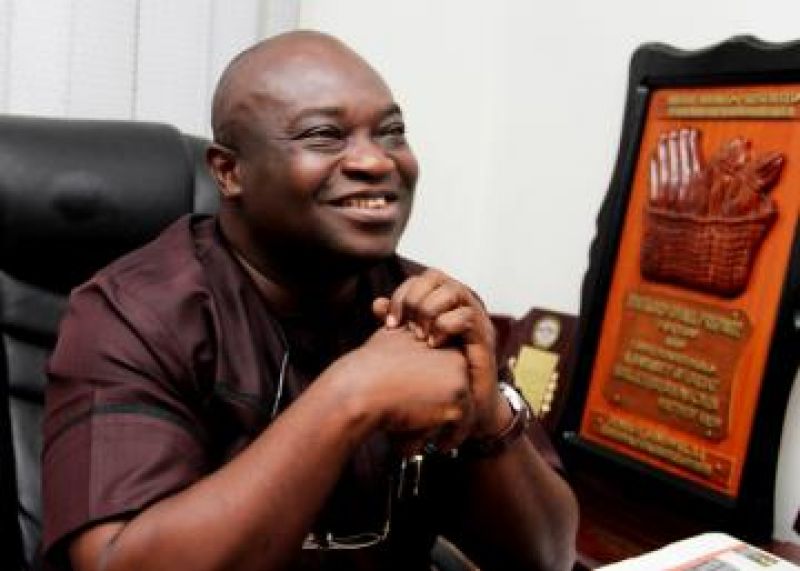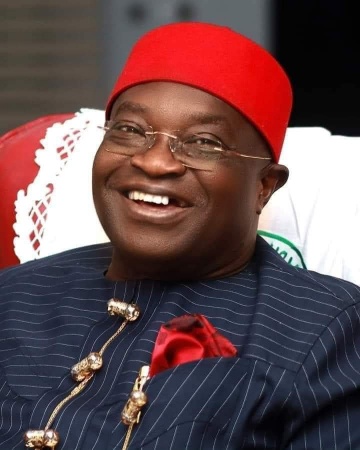7 sectors get lion’s share as FG releases breakdown of 2017 Budget
Posted by Factnews | 7 years ago | 1,950 times
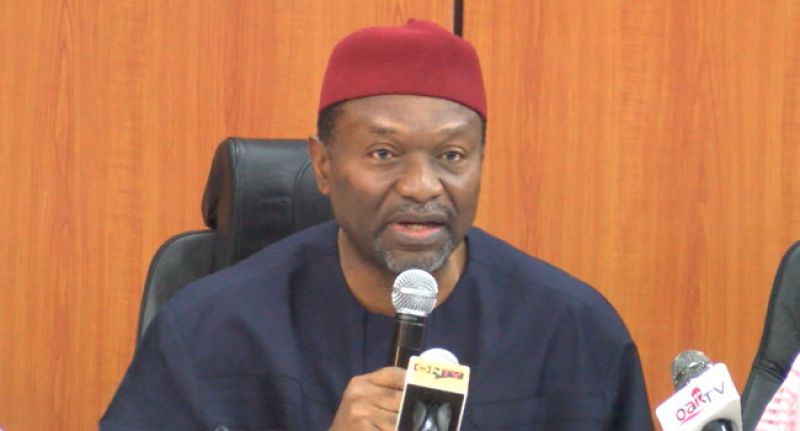
The Federal Government on Monday released details of the 2017 national budget, christened “Budget of Recovery and Growth.” The budget, which was presented to the National Assembly on December 14, 2016, was passed on May 11, 2017 and signed into law by Acting President Yemi Osinbajo on June 12, 2017.
The Budget with an expenditure outlay of N7.44 trillion, represents an increase of 22.8% over the 2016 budget provision of N6.06 trillion. Giving the breakdown of the budget during the public presentation in Abuja, Minister of Budget and National Planning, Sen. Udoma Udo Udoma, said it is made up of Statutory transfers- N434.41 billion; Debt Service – N1.66 trillion; Sinking fund of N177.46 billion to retire certain maturing bonds; Non-debt recurrent expenditure of N2.99 trillion; and Capital expenditure of N2.36 trillion inclusive of statutory transfers. Udoma pointed out that to kick-start growth, key sectoral allocations were predictably increased.
He listed the highest allocations as Ministry of Works, Power and Housing which got the lion’s share of N553.71 billion while Transport got N241.71 billion. Other ministries in this category were Education, Defence and Water Resources, all being allocated with N151.92 billion, N139.2 billion and N104.24 billion and ministry of agriculture N103.79 billion respectively.
The minister explained that the budget reflects government’s fiscal plan to reflate the economy to the path of sustainable and inclusive growth, the specific goals and targets of which are set out in the 2017 – 2020 Economic Recovery and Growth Plan (ERGP).
He said: “Some major capital expenditure allocations captured in the 2017 budget include: N553.71 billion for Power, Works and Housing; N241.71 billion for Transportation; N150 billion for Special Intervention Programmes; N139.29 billion for Defence; N104.24 billion for Water Resources; N81.73 billion for Industry, Trade and Investment; N63.76 billion for Interior; N151.91 billion for Education (including Universal Basic Education Commission); N55.61 billion for Health; and, N103.79 billion for Agriculture, Statutory transfers N434.41 billion, and Debt service N1.66 trillion”.
Meanwhile, the Federal Government has disclosed that it will release N350 billion in first tranche for capital expenditures to kick-start the implementation of the 2017 budget. Minister of Finance, Mrs. Kemi Adeosun, gave this hint while speaking at the public presentation of the budget in Abuja. The minister said she was ready to grant approval if arrangements were concluded for the execution of the budget.
Minister of Budget and National Planning, Sen. Udoma Udoma, said that in months ahead, the executive would work with the National Assembly to ensure that Nigeria returns to a predictable January – December fiscal year, with the budget signed into law ahead of commencement of the fiscal year in the near future.
The minister explained that a review of the 2016 budget performance indicated reasonable progress on its implementation and achievement of set targets. According to him, the Federal Government of Nigeria’s aggregate revenues was less than projections mainly due to oil production shut-ins resulting from the vandalisation of strategic oil facilities including major pipelines and export terminals by Niger Delta militants. This adversely impacted oil revenues and foreign exchange receipts, and thus also negatively affected non-oil revenues as non-oil activities are critically dependent on the foreign exchange generated by the oil sector.
The overall projected budget fiscal deficit remains as proposed – N2.36 trillion, which is about 2.18% of GDP. This is within the 3% threshold stipulated in FRA. The budget deficit is to be financed mainly by borrowings which have been projected at N2.32 trillion. Of this amount, N1.07 trillion (46% of this borrowing) is intended to be sourced externally, while N1.25 trillion will be sourced domestically.
According to Udoma, the Federal Government projected the total revenue for the 2017 budget on N5.08 trillion exceeding 2016 projection by 30.26%. Oil revenue still accounts for the largest share of government expected revenue, with a projected N41.7% compared to 19% for 2016. He attributed this increase to reduction in cost of joint venture between the government and multinational oil companies, higher price of oil, exchange rate and additional oil-related revenues.
A look at the other sources of funding show that recoveries of looted funds was provisioned 11% of the budget, which according to the minister, was already in government’s coffers to be ploughed into the budget. On the flip side, independent revenue and revenues from the Nigeria Customs and other sources were reviewed downward in acknowledgment of the poor performance of the economy. Also, Capital allocation is N2.36 trillion (inclusive of capital in statutory transfers). This represents 31.7% of the total budget. Much of the capital provision is directed at projects that are aligned with the core execution priorities of the ERGP.
Udoma further explained that allocations have been targeted at critical economic sectors that have quick transformative potentials such as infrastructure, agriculture, manufacturing, solid minerals, services, and social development. According to the minister, the overall budget deficit stood at N2.356 trillion in the budget representing 2.18% of the gross domestic products, which he said was within the 3% GDP threshold stipulated in the Fiscal Responsibility Act 2007.
The Federal Government, Udoma explained, would finance the deficit component of the budget from borrowing which he put at N2.32 trillion, with domestic source accounting for N1.25 trillion while the foreign source would plug the remaining deficit with N1.07 trillion. In highlighting the key projects of the government, the Minister said a social housing programme would gulp N100 billion towards a one trillion fund; establishment of special Economic Zones for N44 billion, to be cited in each of the six geopolitical zones; N16 billion voted for Export Expansion Grant (EEG) and the recapitalisation of the Banks of Industry and Agriculture for N15 billion.
He pointed out that the two banks would finance and promote vigorous Micro, Small and Medium Scale Enterprises (MSMEs). Responding to question on the numerous projects introduced into the 2017 budget by the National Assembly, which resulted in removal or slashing of other projects proposed by the executive in the 2017, the Minister of Budget said that the executive and the legislature had come to an agreement that the executive would now present the affected budget in the form of virement to the legislature.
Udoma also indicated that Federal Government will work hard to increase revenues so as to be able to fund the Budget. He said that in spite of criticisms about government borrowings, the country’s fiscal deficit is still well within the three per cent (3%) limit and government is keeping very tight control on the size of the budget to make sure the fiscal deficit remains within the 3% threshold. The Minister said although certain developments affected the realisation of projected government revenue last year, the administration is working hard to ensure increase in revenues to fund the 2017 budget.
“In terms of implementation of the Budget, we are making strenuous efforts to find the resources required. We are challenging our revenue generating agencies, particularly the FIRS (Federal Inland Revenue Service) and Customs, to improve their efficiencies and broaden their reach so as to achieve the targets set for them in the 2017 Budget”, he explained.
He added that government will strive to maximize the revenues it can generate from the oil and gas sector as it is clear that the foreign exchange generated from the sector is critical for government’s plans to diversify to the non-oil sectors.
As government is introducing measures to improve on the efficiencies in that sector to increase Government’s take, the Minister said “we are also engaging more extensively with the communities and people of the Niger Delta to minimize disruptions to oil production”. Reviewing the 2016 Budget performance, Senator Udoma said there was reasonable progress on implementation and achievement of set targets even though aggregate revenues was less than projections, mainly due to disruptions in oil production in the Niger Delta region.
Despite the shortfall in revenue, he said government met its debt service obligations and personnel costs while overhead costs were largely covered. The Minister said the 2017 Budget is an infrastructure Budget and government takes transportation very seriously, which is why so much has been voted for roads and railways. He also said ease of doing business is very critical to government because it wants to turn the country from a nation of importers to a nation of producers. In his opening remarks, the Director-General, Budget Office of the Federation, Mr. Ben Akabueze, said the public presentation of the budget underscores the Federal Government’s commitment to opening up the budget process and making it more participatory.
The debt service to revenue ratio is projected to be about 32.7% in FY2017. The Recurrent non-debt expenditure of N2.99 trillion is made up of: Personnel costs – N1.88 trillion (63%); Overhead – N219.84 billion (7%); Service-Wide Vote pensions – N89.98 billion (3%); Consolidated Revenue Fund Pensions – N191.63 billion (6%); Other Service-Wide Votes – N138.70 billion (5%); Presidential Amnesty Programme – N76.7 billion (3%); Refund to Special Accounts – N40 billion; and (1%), and Special Intervention Programme (recurrent) – N350 billion (12%).
Source: Dailytimes
Readers Comments
comment(s)
No comments yet. Be the first to post comment.
